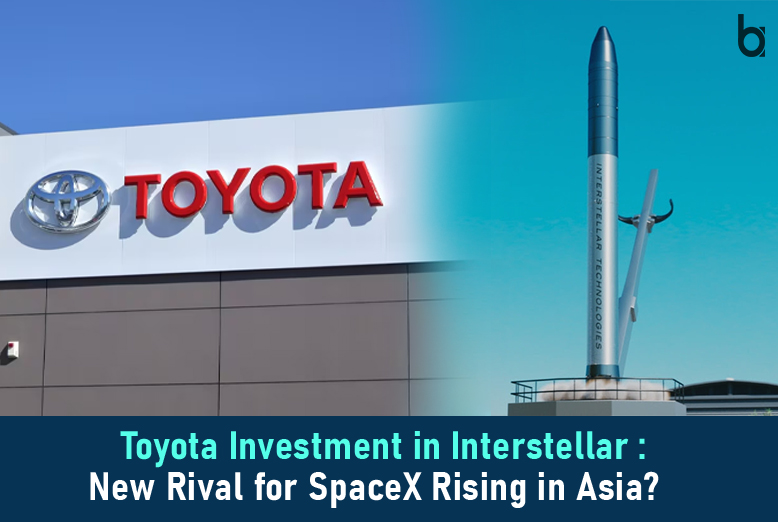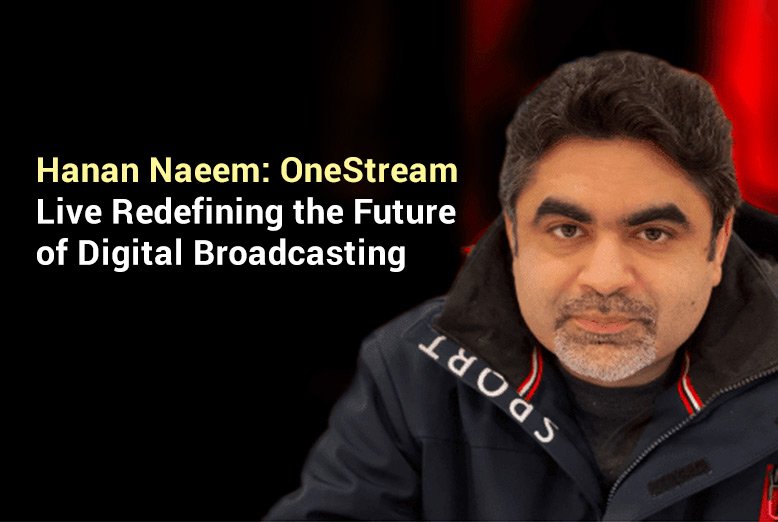Business APAC
09 January 2025
Tokyo – What happens when a world-renowned automobile giant steps into the final frontier? The answer lies in the groundbreaking announcement of Toyota Investment in Interstellar. Toyota, a brand corresponding with innovation on Earth, is now venturing into the cosmos.
In a bold move, the Japanese automotive leader has partnered with Interstellar Technologies, a burgeoning player in the space industry, with a hefty investment of 7 billion yen (approximately $44.3 million).
This isn’t just a financial commitment; it’s a paradigm shift that could redefine the space race. From transforming the roads with its lean manufacturing systems to now eyeing the stars, Toyota’s strategic leap into the space sector has sparked curiosity and anticipation globally. With the potential to rival established giants like SpaceX, this collaboration is set to open new frontiers for Japan’s aerospace ambitions while remodeling the global commercial space market.
A New Frontier for Toyota
Known for revolutionizing the automotive industry with its manufacturing expertise, Toyota now has its sights set beyond Earth. Partnering with Interstellar Technologies, the company aims to mass-produce cost-effective, lightweight rockets capable of transforming Japan’s space industry.
This investment, made through Toyota’s mobility arm, Woven by Toyota (WbyT), is more than just a financial move. It’s a strategic alignment to capitalize on the booming global space economy, projected to reach $1 trillion by 2040.
The Why Behind the Toyota Investment in Interstellar
Toyota Chairman Akio Toyoda envisions mobility as more than terrestrial vehicles. “The future of mobility transcends Earth and should not be defined by one company or technology,” he said. By partnering with Interstellar, Toyota hopes to redefine mobility in an era of interplanetary aspirations.
Japan, despite being a tech powerhouse, has lagged in the space race. With only three successful launches in 2023, the nation’s aerospace ambitions have faced steep challenges. Toyota’s involvement aligns with Japan’s strategic goal of 30 launches annually by the 2030s, boosting both the country’s technical capabilities and economic standing.
Toyota’s Unique Contributions
Toyota investment in Interstellar brings decades of expertise in manufacturing efficiency and scalability, which will be applied to its operations. Here’s what Toyota offers:
- Production Efficiency: Leveraging its renowned lean manufacturing systems, Toyota will help Interstellar move from bespoke rocket building to scalable production, reducing costs and increasing output.
- Supply Chain Mastery: With a robust global supply chain, Toyota will streamline the delivery of components, ensuring rockets are built faster and more economically.
- Advanced Automation: Applying state-of-the-art automation techniques from its automotive plants, Toyota aims to modernize rocket production while ensuring top-notch quality.
- Sustainability Practices: Toyota’s commitment to carbon neutrality by 2050 extends to this partnership, where eco-friendly technologies will be explored for rocket launches and satellite operations.
The Interstellar Vision
Interstellar Technologies has ambitious plans: scaling its operations to deliver 30 launches per year by the 2030s. This would not only rival SpaceX’s market dominance but also place Japan at the forefront of the global space race.
A Changing Landscape
Toyota’s move reflects a broader trend where private companies redefine space exploration. This shift brings several key benefits:
- Lower Costs: Private investments have driven down launch costs, making space more accessible to startups and small businesses.
- Accelerated Innovation: Technologies like reusable rockets, pioneered by companies like SpaceX, are becoming industry standards.
- Democratized Access: More nations and organizations can now participate in space activities, thanks to partnerships like Toyota’s.
The Big Question: Can Toyota Rival SpaceX?
While SpaceX boasts 134 launches in 2024 alone, Interstellar—backed by Toyota—has the potential to disrupt the status quo. Combining Toyota’s manufacturing expertise with Interstellar’s aerospace ambitions, the duo could offer more affordable and frequent satellite launches, challenging SpaceX’s dominance in Asia and other markets.
However, the journey ahead is steep. Competing with SpaceX’s advanced technology and market position will require unprecedented innovation and execution.
The Space Landing
Toyota investment in Interstellar Technologies signals a groundbreaking shift in the global space industry. By merging automotive precision with aerospace ingenuity, this partnership could reshape Japan’s role in the space economy and provide a serious competitor to SpaceX.
For businesses and investors alike, this is a clear message: the final frontier is no longer the exclusive domain of space agencies. The race is on, and Toyota has officially entered the arena.
Also Read: ISRO Achievements: Top 10 Milestones in India’s Space Research













